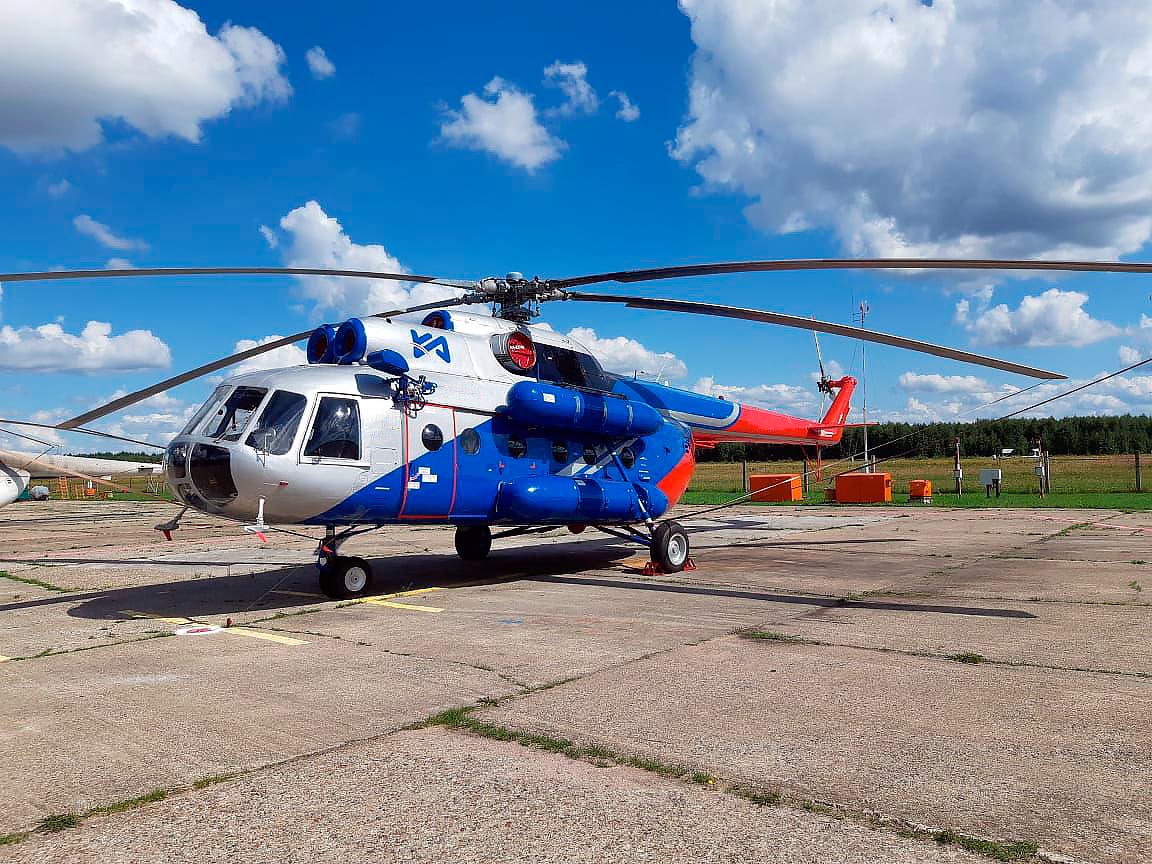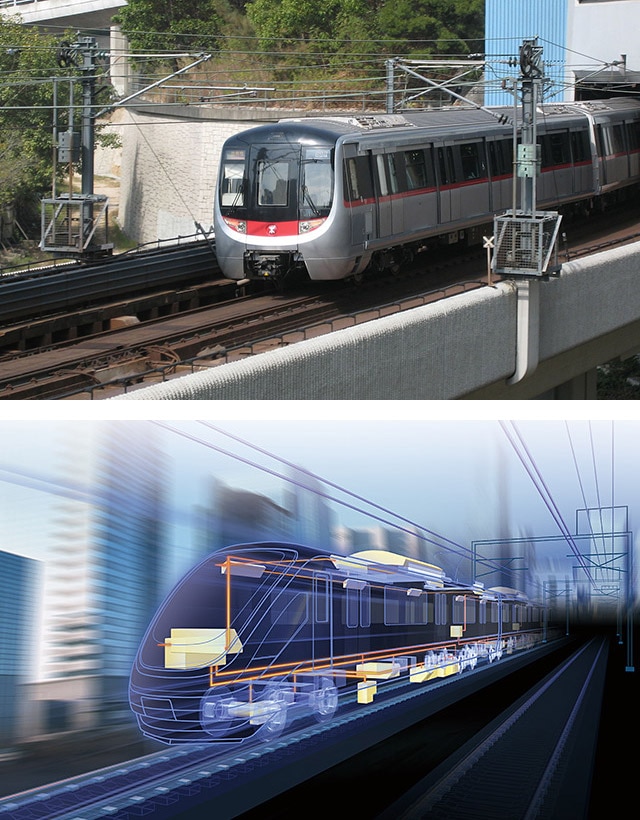In today's globalized world, air freight plays a crucial role in transporting goods across continents. However, one question that often perplexes both businesses and consumers is why air freight is so expensive. In this article, we will delve into the intricacies of the air freight industry to uncover the factors that contribute to its high costs.
- Speed and Efficiency:
Air freight is renowned for its unparalleled speed and efficiency. Unlike other modes of transportation, such as sea or land, air freight ensures rapid delivery, reducing transit times significantly. This speed comes at a price, as airlines need to maintain a fleet of specialized cargo planes, invest in advanced technology, and employ skilled personnel to handle time-sensitive shipments. - Infrastructure and Handling:
To facilitate air freight operations, airports require extensive infrastructure and handling facilities. These include cargo terminals, warehouses, specialized equipment, and security measures. Maintaining and upgrading these facilities incurs substantial costs, which are ultimately passed on to the customers. Additionally, the handling of air cargo demands meticulous attention to detail, compliance with safety regulations, and specialized training for personnel, further contributing to the overall expenses. - Fuel Costs and Volatility:
Fuel costs constitute a significant portion of air freight expenses. Aircraft rely heavily on jet fuel, which is subject to price fluctuations influenced by geopolitical events, supply and demand dynamics, and market speculation. Airlines often struggle to mitigate these volatile costs, leading to higher freight charges to offset the impact of fuel price fluctuations. - Security Measures:
In an era of heightened security concerns, air freight faces stringent security measures to ensure the safety of shipments. These measures include advanced screening technologies, cargo inspections, and compliance with international security protocols. Implementing and maintaining these security measures necessitate substantial investments, contributing to the overall cost of air freight. - Limited Capacity and High Demand:
Air freight capacity is limited compared to other modes of transportation. Cargo planes have finite space, and their schedules are subject to various factors, such as weather conditions and airspace restrictions. As a result, the demand for air freight often exceeds the available capacity, leading to higher prices due to the principles of supply and demand.
Conclusion:
The high cost of air freight can be attributed to a combination of factors, including the need for speed and efficiency, extensive infrastructure and handling requirements, fuel costs and volatility, security measures, and limited capacity. Understanding these factors helps businesses and consumers comprehend the pricing structure of air freight and make informed decisions when choosing transportation options.



